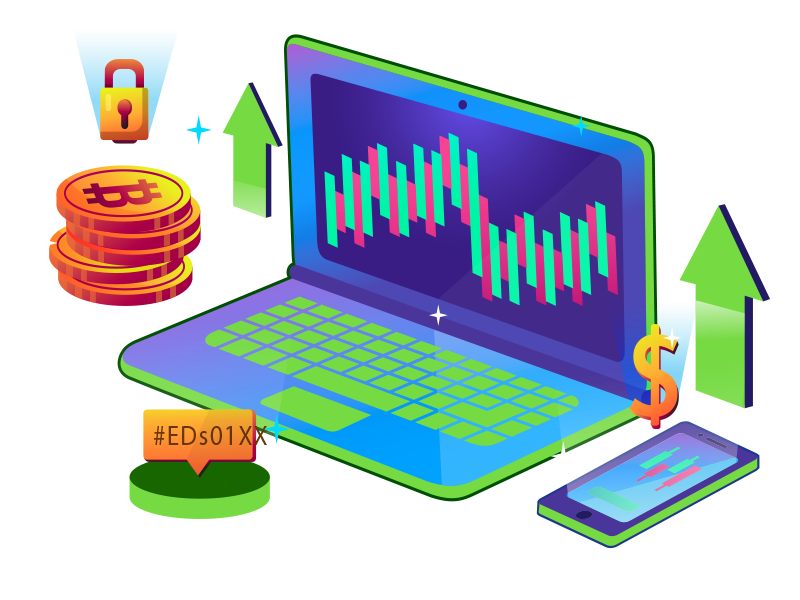

Interest rates are the cost of borrowing money or the return on savings, expressed as a percentage. They can be fixed (remaining constant throughout the loan period) or variable (fluctuating over time).
The central bank interest rate, often referred to as the "policy rate" or "benchmark interest rate," is the rate at which a country's central bank lends money to commercial banks in the country's banking system. This rate affects borrowing rates across the economy and is a crucial tool for monetary policy.
To accomplish macroeconomic goals like limiting inflation, encouraging economic expansion, or maintaining currency stability, central banks modify this rate. Interest rates on loans, mortgages, and savings accounts are among the interest rates that are generally impacted when the central bank changes its interest rate.

Affect overall economic stability.
Higher inflation typically leads to higher rates
Strong economies may see rising rates.
Higher risk borrowers often face higher rates.


Several factors affect interest rates, including central bank policies, inflation, economic conditions, and credit risk. Central banks set benchmark rates to stabilize the economy, while inflation often leads to higher rates to maintain purchasing power. Understanding interest rates is crucial for making informed financial decisions, whether you're borrowing, saving, or investing, as they significantly impact personal finance and overall economic growth.